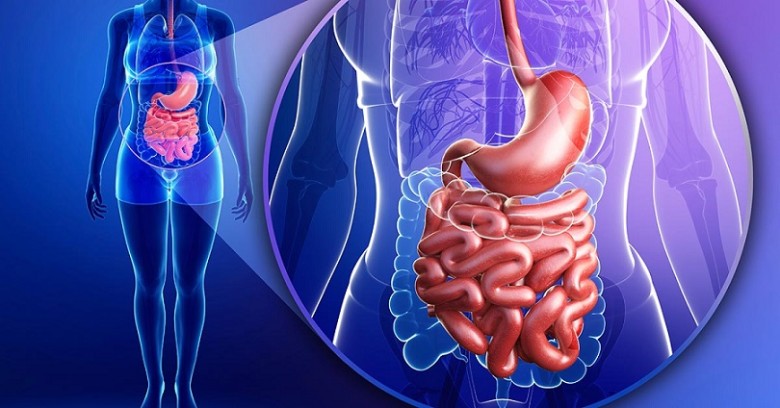How a damaged gut leads to fat loss
How efficient is your digestion? We all know that good health is dependent on a healthy diet, that the food we eat is broken down in the gut and the nutrients extracted to feed our bodies. But what happens when this process is no longer functioning as it should?.
Every nutrient that you ingest must pass through the gut. If any type of malabsorption or dysbiosis (an imbalance between the good and bad bacteria) exists, all of the cells in the body will become deprived of nutrients needed for basic daily functions, like magnesium, zinc, and all of the B vitamins.
So, what causes this malabsorption or dysbiosis?
Malabsorption can be caused by decreased hydrochloric acid (stomach acid) production, insufficient bile salts, or decreased enzyme levels.
Dysbiosis occurs when the ratio of good to bad bacteria in the colon is altered, Two of the main causes of dysbiosis are the over-prescription of antibiotics and over-consumption of carbohydrates.
What has this got to do with fat loss?
Well, let’s take a look at the dysbiosis problem first. Your thyroid gland produces a hormone called T4 which is then converted to T3, the hormone responsible for boosting your metabolism. The good bacteria in your digestive tract is responsible for around 20% of that T4 to T3 conversion. So as you can imagine a drop in the number of good bacteria inhabiting your gut can result in a slow down of your metabolism which in turn leads to an increase in fat storage.
A dysbiosis can also interfere with the mechanism by which oestrogen is excreted from the body. This allows oestrogen to re-circulate throughout the body wreaking havoc, as
excessively elevated oestrogen causes an increase in inflammation and inhibits mitochondrial respiration, leading to decreased energy production as well as a decrease in overall tissue function. And to make matters worst elevated oestrogen can also prevent T4 from converting to T3, adding further to the metabolic slowdown and leading to hypothyroidism.
Do you have a Leaky Gut?
Under normal conditions, the food we eat is digested before passing into the bloodstream, but damage can occur to the lining of the stomach causing it to become more permeable, allowing undigested particles of food along with other substances such as yeast, toxins, and other forms of waste to enter the bloodstream.
As these particles are not supposed to be in the bloodstream your body goes into action, treating them as it would any foreign invader.
First, your liver goes to work trying to remove the offending invaders. If it is too much for your liver to handle, your immune system then kicks in.
Eventually, this constant strain on your immune system can lead to a state of confusion in which your body starts to treat certain normally harmless food substances such as gluten, lactose (milk sugars), Casein (milk protein) and others as invaders further compounding the problem. This leads to autoimmune diseases such as Chronic Fatigue, MS, IBS, Ulcerative Colitis, and Fibromyalgia and the fatigue leads to less activity allowing more fat to accumulate.
